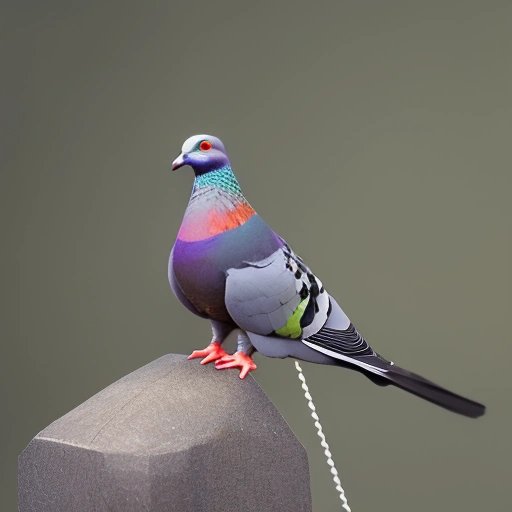In a stunning move that has cybersecurity experts around the world scratching their heads, a new CAN bus protocol has been introduced that goes back to basics – way, way back.
Gone are the days of complex computer systems and intricate encryption techniques. Now, the solution to our data security problem lies in two humble cans and a piece of string.
According to the developers of the new protocol, the simplicity of the system is what makes it effective. The two cans act as transmitters, while the string serves as the data highway.
The cans and string are not connected to any computer or external device, eliminating the possibility of cyber attacks. Instead, the sound waves created when talking into one can are transmitted through the string and then picked up by the other can.
Experts are hailing this as a major breakthrough in data security, but not everyone is convinced.
First and foremost, the new protocol has a major flaw – it's not exactly portable. You're not going to be able to stream Netflix on a string tied between two cans halfway across the world.
But the real issue is the pigeons.
As it turns out, pigeons love nothing more than to perch on a string. And when they do, they tend to coo and peck at the string. This can cause some real problems when you're trying to transmit important data through the cans.
The developers of the new protocol have assured the public that they are working on a solution to the pigeon problem, but for now, it's a major vulnerability in the system.
In addition, the new protocol has some serious limitations when it comes to data transfer rates and reliability. The string can't be too long or too taut, or the sound waves won't be transmitted properly. And if it's too windy, forget about it.
Despite these limitations, the new protocol has been making waves in the tech community. Companies that deal with sensitive data are already looking into incorporating the two-cans-and-a-string system into their security protocols.
As for the rest of us, well, we may just have to make do with our old-fashioned passwords and firewalls for the time being. But who knows? Maybe in the future, we'll all be communicating through a simple string and a couple of cans.
